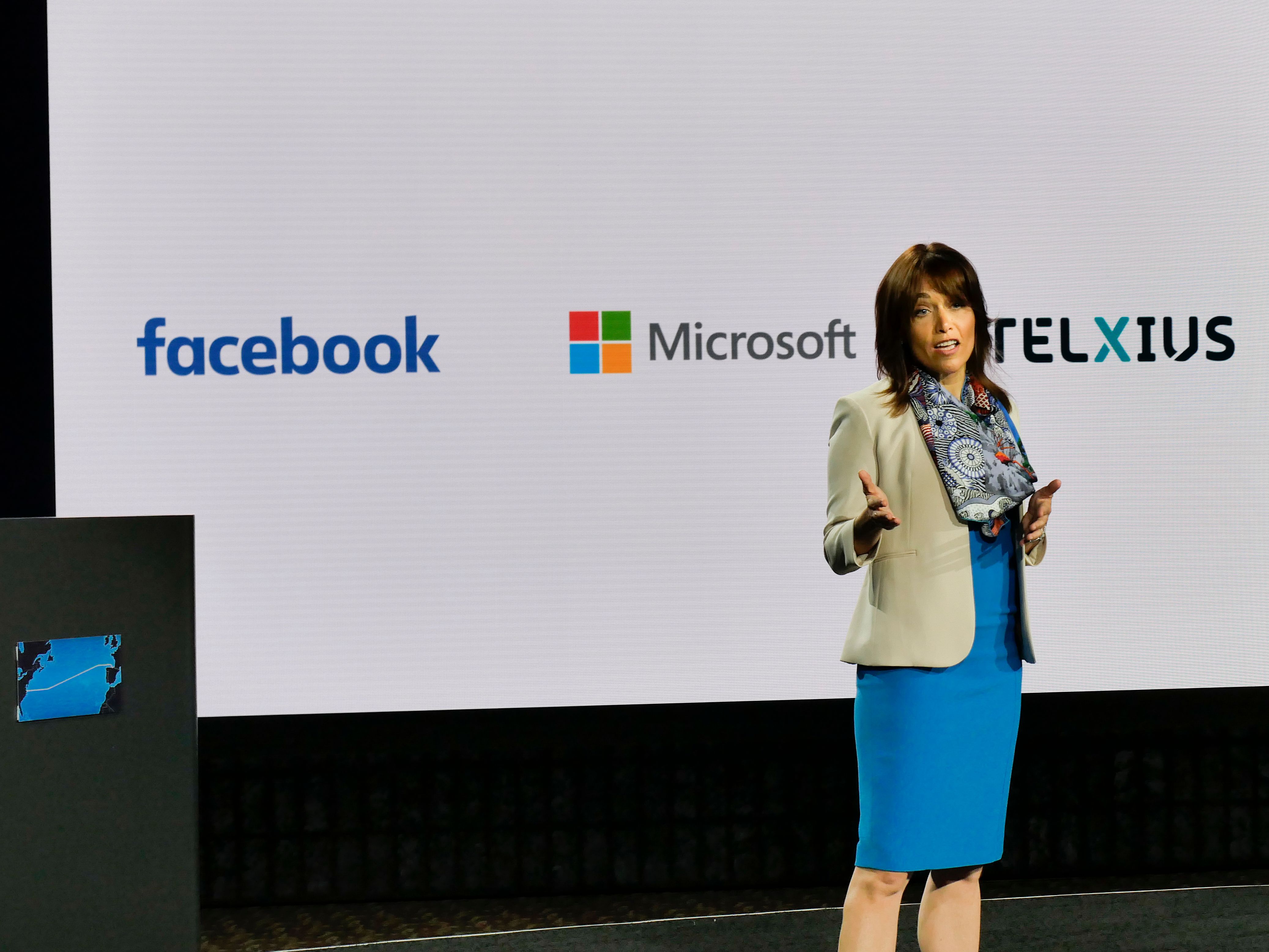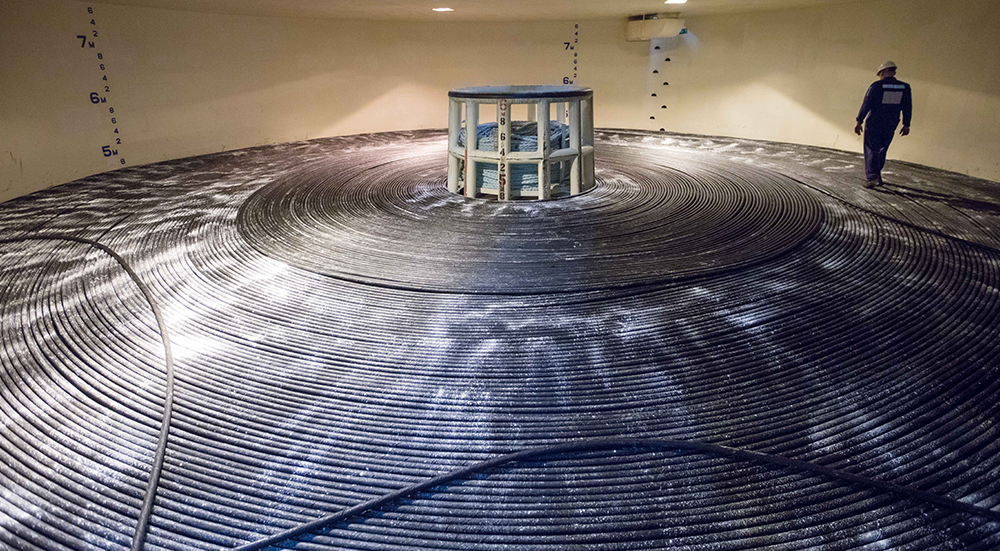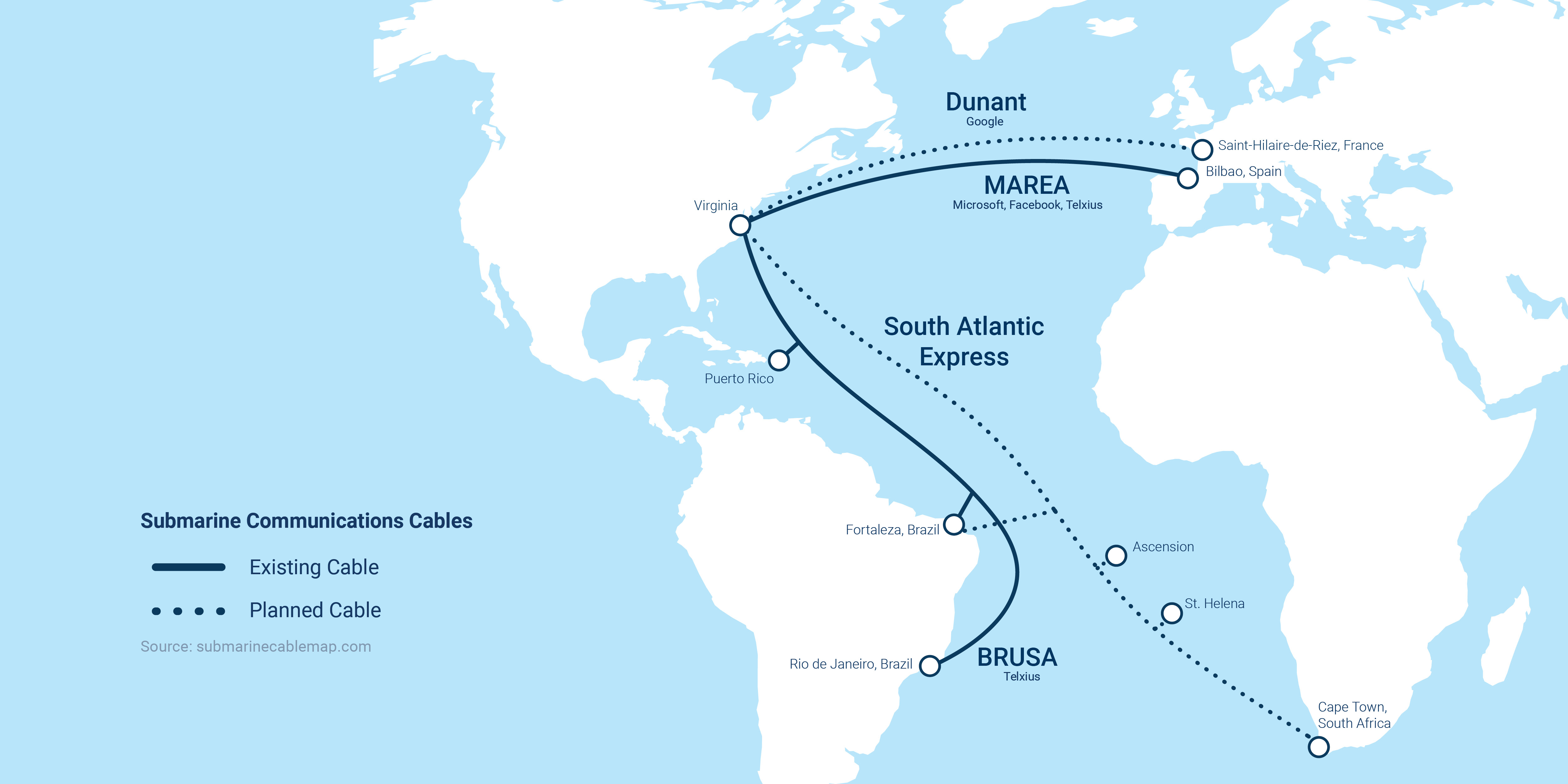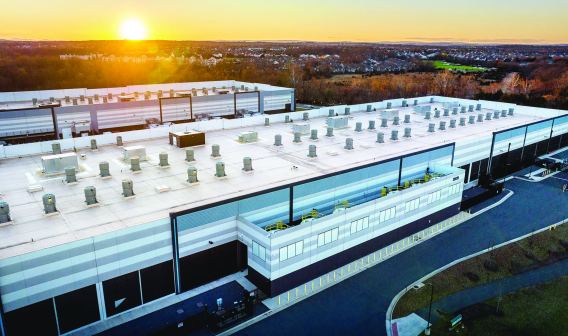Northern Virginia has long been known as the data center capital of the world, owing to its status as one of the original four Network Access Points (NAP). That industry dominance, however, has created a need for other data center markets to emerge and provide further options for companies looking to take advantage of Virginia’s tech-savvy workforce.
However, a new world-class data center hub is taking shape along Virginia’s Interstate 64 corridor between Virginia Beach and Richmond. The installation of the MAREA and BRUSA subsea cables that land in Virginia Beach and terminate in Richmond has connected this region with European, Latin American, and South American markets. The facility where these cables terminate is a mega-data center outside Richmond. This unique combination of internet assets and capabilities has created what is called the Richmond NAP — the location where subsea fiber cables, powerful data centers, and terrestrial networks all converge to provide access to some of the fastest data transmission in the world.
MAREA is an ultra-high-speed 200 terabits(TB)/second fiber optic cable originating in Bilbao, Spain — 200TB/second is equivalent to downloading 12,000 high-definition movies per second — owned by Microsoft and Facebook and operated by Telxius, a Spanish telecommunications infrastructure subsidiary of the Telefónica Group. BRUSA is a 138TB/second cable owned and operated by Telxius originating in Rio de Janeiro. Both cables are among the most data-rich, highest-speed connections in the world.
A World-Class Data Center in Richmond
The MAREA and BRUSA sea cables were established in Virginia Beach in response to growing demand by U.S. companies for high-capacity, low-latency connectivity to Europe and South America. Both cables land at the Virginia Beach Cable Landing Station, which is owned and operated by Telxius.
In Richmond, QTS Realty Trust, a provider of hybrid colocation and mega-scale data centers, owns the closest Tier 3-designed data center to the MAREA and BRUSA cables. The 1.3-million-square-foot facility features more than 500,000 square feet of raised floor capacity and provides a wide range of IT infrastructure services.
The combined capabilities of the QTS-Telxius partnership are now attracting technology and internet companies to the I-64 corridor. The Richmond NAP is an attractive alternative for companies looking for the fastest, most effective internet routes to foreign markets, including Bank of America’s recent expansions in Henrico County and Facebook’s coming data center in White Oak Technology Park.







